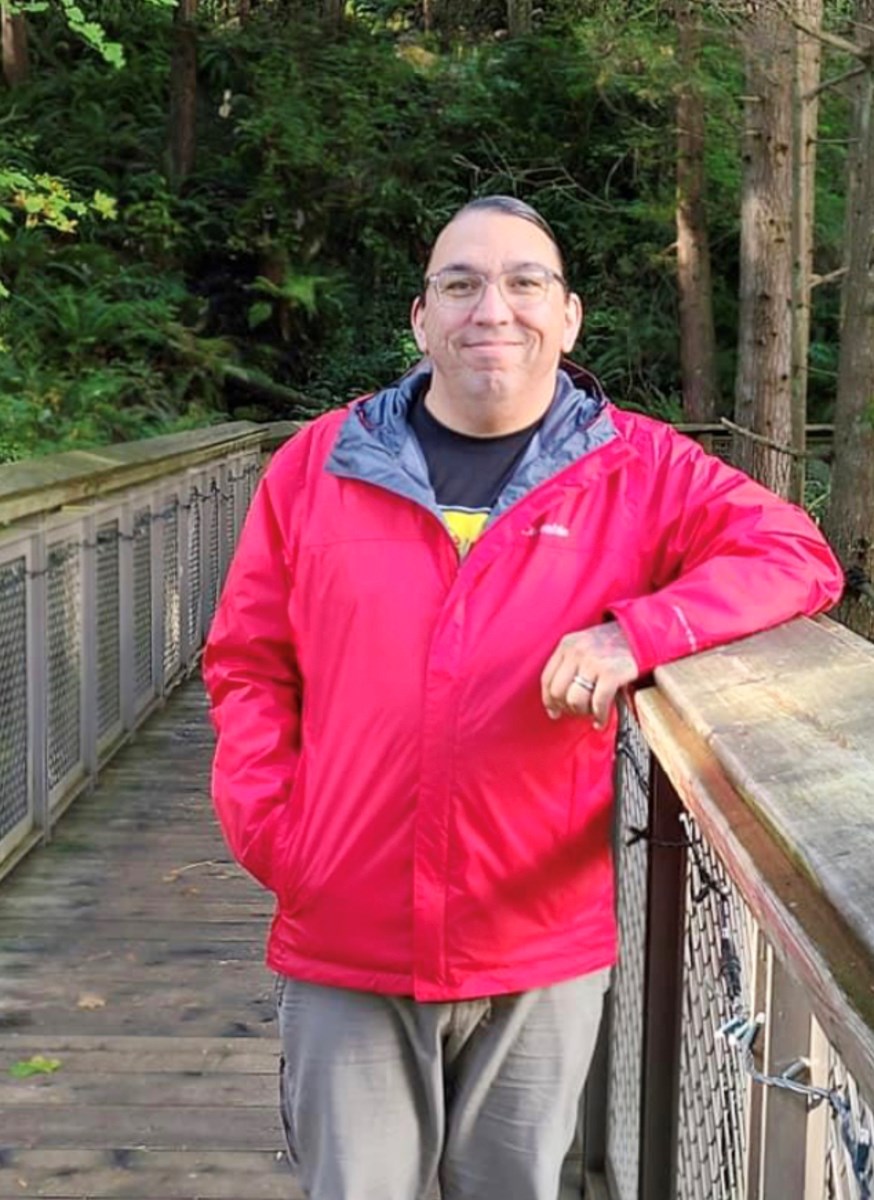Tara Jeffrey
It’s never too late to keep learning.
So says Brian Rae of the Sarnia-Lambton Golden K Kiwanis Club, whose members are committing to broadening their understanding of Indigenous issues.
“We’re a pretty well-educated, well-travelled group,” Rae said of the service club, whose focus is on supporting local youth. “But the closer you get to things, the more you realize what you didn’t know.”
Rae noted a suggestion brought forth last winter — that the club join the growing list of groups that begin meetings with a traditional land acknowledgement.
“We realized we don’t know enough to really understand what such a statement means,” he said. "And you don’t want to do something like that without being sincere about it.
“So that really was sort of the trigger for discussion…we want to make a focused effort on broadening our understanding of Indigenous people and issues."
Last Spring, Dallas Sinopole, the Indigenous Lead for the Lambton Kent District School Board, invited members to attend his Professional Development sessions.
From there, group members made other connections and committed to hosting monthly speakers on various Indigenous issues. Presenters have included Indigenous Affairs land claims negotiator Lise Hansen; Dr. Niigaanwewidam Sinclair, professor in Native Studies at the University of Manitoba; and Randall Kahgee, Aboriginal law practitioner, negotiator and advocate on Indigenous rights.
Many Kiwanis members have started a book swap of Indigenous authors and topics. Some have enrolled in the University of Alberta’s popular Indigenous Canada Online Course.
“I don’t know what’s been left out of our school system when we were going through it, but I am finding out a lot of this stuff,” Rae said, pointing to Canada’s dark history of residential schools and recent efforts towards Truth and Reconciliation.
“You know, we’re a bunch of old white guys … but we’re probably pretty reflective of our community. We are going to start connecting more with our neighbours in Aamjiwnaang, Kettle Point and Walpole Island.
“We’re building up, over time, a bit more of an understanding than what we’ve had.”
Last week, Sinopole spoke to the group about Indigenous governance, Ojibwe clan systems, his role within the school board, and the challenges facing his community.
“I see so much racism out there,” Sinopole told the group. “One thing happens on social media and it just goes up like wildfire.
“One thing we need to start doing is coming together and start loving each other again…if we can’t build those relationships, we’re always going to be struggling to love each other as humans.”
Sinopole, a member of the Marten Clan — one of seven Anishinaabe clans — explained his traditional role as a provider, food gatherer and warrior — as well as his role as a councillor, education leader, and environmental advocate.
“I feel like each and every one of you have grandchildren,” he told the group. “In hopes to have seven generations of grandchildren, great grandchildren, and hope that they have a healthy lifestyle.
“But it's not going to be the case if we continue to allow our government and big corporations to continue to wreck our lands. I say ‘our’ because it’s all of ours. We’re all caretakers.”
“To me, we are all Anishinaabe — we are all original people — and it’s all of our duty to take care of Mother Earth,” he added.
Sinopole said he’s looking forward to future partnerships with the Kiwanis group as they continue to explore topics and reach out to Indigenous neighbours.
“We have a responsibility as Canadians to learn more about this,” said Rae. “We take in information and we change as we learn.”
